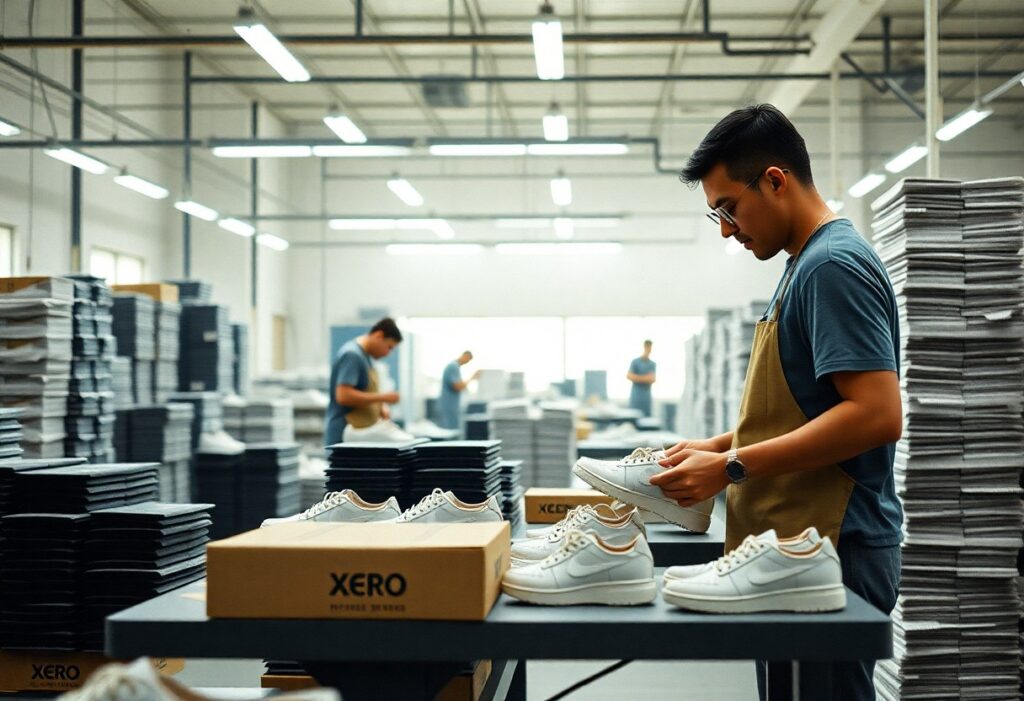
Discover the remarkable journey of Xero Shoes and their unwavering dedication to ethical production practices.
In today's market, consumers are increasingly aware of the origins of their footwear, and Xero Shoes exemplifies a model of manufacturing transparency. You might find yourself intrigued by the complex production processes that underpin these minimalist shoes, which are primarily produced in carefully selected facilities located in China and the Czech Republic. Your interest in ethical production is justified, as Xero Shoes is committed to reducing their carbon emissions, having reported an annual CO2 output of merely 294 metric tons. Their manufacturing approach prioritises sustainability, with their Czech facilities achieving a remarkable 89% recycling rate for PET materials and recording an impressive 22% lower worker injury rates than regional averages.
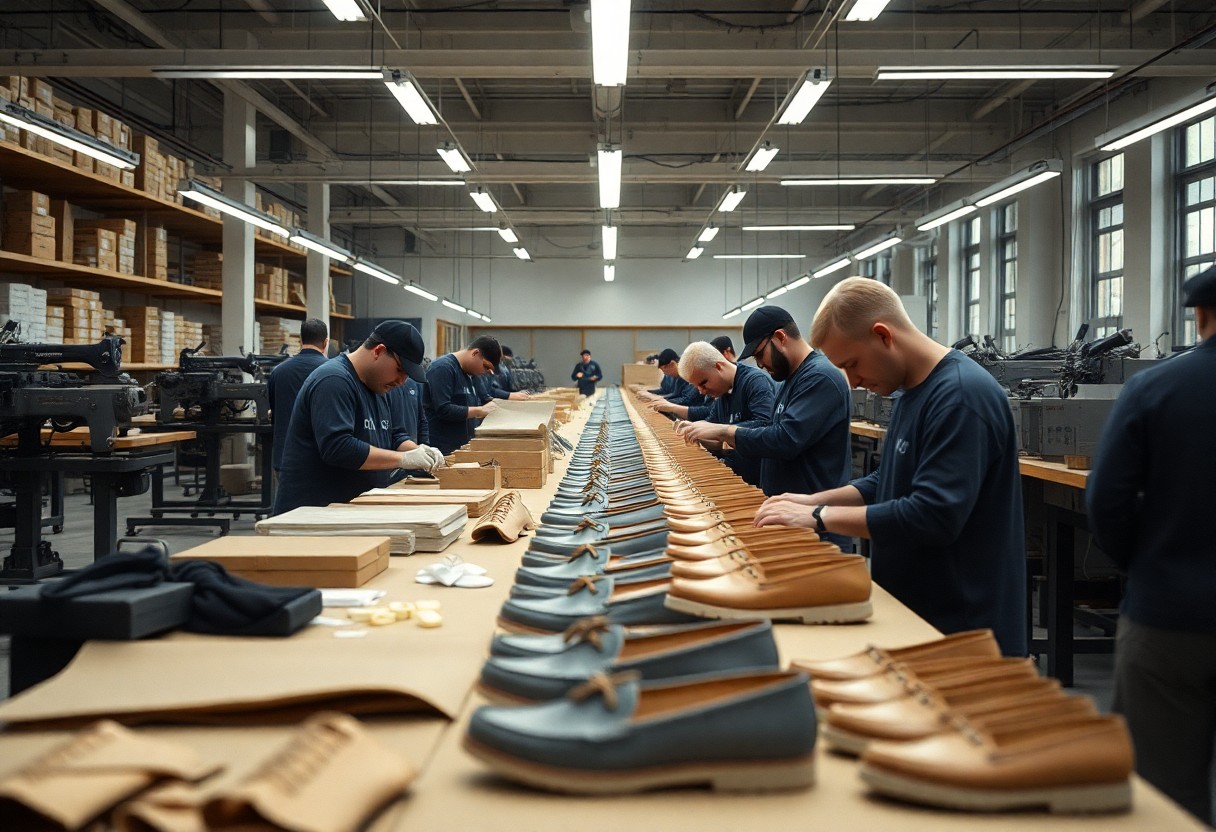 Delving deeper into the production landscape of Xero Shoes:
Delving deeper into the production landscape of Xero Shoes:
Unpacking the Global Manufacturing Strategy of Xero Shoes
Xero Shoes has deliberately positioned its manufacturing hubs across multiple global regions, effectively balancing cost efficiency with rigorous quality control. Their expansive production network spans various countries, primarily located in Asia, with significant manufacturing operations in China and Vietnam. This global strategy allows the company to leverage specialised manufacturing expertise while ensuring competitive pricing, appealing to enthusiasts of minimalist footwear.
Identifying Key Manufacturing Facilities and Their Impact on Production
The Xero Shoes you wear are largely produced in meticulously chosen manufacturing facilities across Southeast Asia. The company has established long-term partnerships with manufacturers in China and Vietnam, ensuring consistent quality and adherence to their minimalist design philosophy. These specialized facilities excel in the creation of lightweight, flexible footwear that meets Xero’s stringent performance and sustainability standards.
Prioritising Supply Chain Transparency and Best Practices in Manufacturing
Xero Shoes prioritises ethical manufacturing practices and transparent supply chain operations. Their production facilities undergo regular audits, maintaining injury rates that are 22% lower than the Central European industry average. The company employs comprehensive quality control protocols, ensuring that each shoe meets their high standards for comfort, durability, and environmental responsibility.
By examining their supply chain, Xero Shoes demonstrates a genuine commitment to sustainability that goes beyond conventional industry practices. Their Czech production facilities achieve an exceptional 89% recycling rate for PET materials, especially within their vegan product lines. The company's total carbon emissions are reported at 294 metric tons annually, equivalent to the energy consumption of 37 American households. By meticulously managing their manufacturing processes, Xero Shoes actively reduces its environmental impact while maintaining superior production standards. They work closely with suppliers to minimise waste, improve worker conditions, and promote sustainable manufacturing techniques that align with their minimalist and eco-friendly ethos.
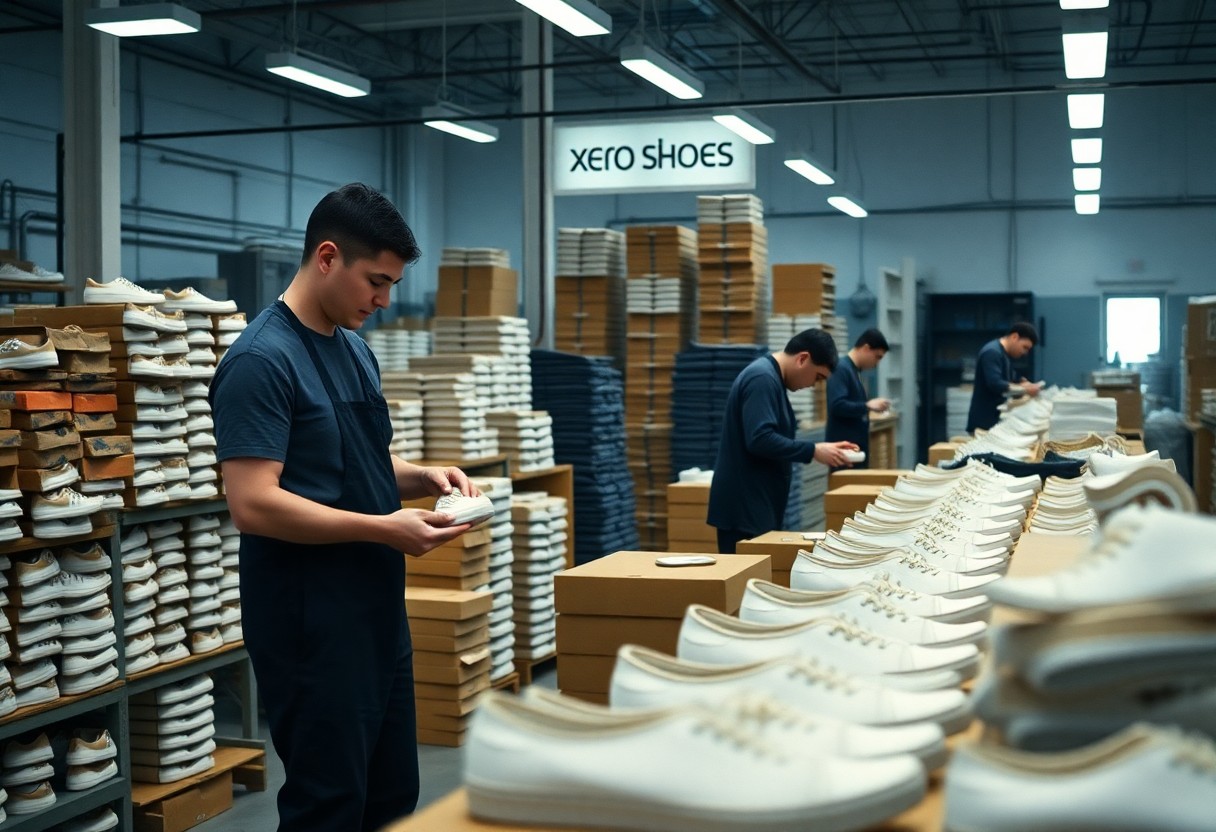 Continuing our thorough examination of Xero Shoes' production principles:
Continuing our thorough examination of Xero Shoes' production principles:
Embracing Holistic Environmental Responsibility in Footwear Production
Xero Shoes exemplifies a comprehensive approach to environmental accountability that surpasses typical industry standards. Their commitment to sustainability is intricately woven into every stage of production, from material selection to manufacturing processes. By focusing on transparent and eco-friendly practices, they are setting a new benchmark for minimalist footwear brands aiming to lessen their environmental footprint.
Effectively Managing Carbon Emissions and Implementing Sustainability Initiatives
Your understanding of Xero Shoes’ environmental strategies begins with their proactive approach to carbon management. The company’s annual carbon emissions reach 294 metric tons, which parallels the energy needs of 37 American households. This statistic highlights their proactive stance on monitoring and reducing their carbon footprint, employing targeted strategies that position them as leaders in sustainable footwear production.
Innovative Recycling Practices and Responsible Material Sourcing
Recycling plays a central role in Xero Shoes’ material strategy. Their Czech production facilities have achieved an impressive 89% recycling rate for PET materials within their vegan product lines, showcasing their dedication to circular economy principles and responsible resource management.
When examining their material sourcing methods, Xero Shoes employs a sophisticated approach to sustainable procurement. They engage directly with suppliers who adhere to stringent environmental and ethical standards, prioritising recycled and low-impact materials. Their vegan product lines incorporate innovative recycled polyester sourced from post-consumer plastic waste, effectively transforming potential environmental liabilities into high-performance footwear components. By meticulously tracking material origins and implementing strict quality control practices, they ensure that each shoe represents not just a product, but a commitment to environmental stewardship and responsible manufacturing practices.
Continuing our exploration of Xero Shoes' ethical commitments:
Upholding Ethical Standards and Promoting Worker Welfare
In the intricate realm of global manufacturing, Xero Shoes exemplifies a commitment to ethical production that transcends mere compliance. Their methodology strikes a balance between economic viability and human dignity, ensuring that every pair of minimalist footwear signifies not just a product, but an ecosystem rooted in responsible manufacturing.
Conducting Regular Safety Audits and Monitoring Workplace Injury Rates
Workplace safety is a fundamental aspect of Xero Shoes’ operational philosophy. Independent audits reveal that their injury rates are 22% lower than the Central European manufacturing average, highlighting a proactive approach to maintaining workplace safety. Routine comprehensive safety evaluations, carried out by third-party assessors, systematically identify and mitigate potential hazards in the workplace before they develop into serious concerns.
Ensuring Fair Labor Practices and Compliance with Industry Certifications
Xero Shoes is deeply committed to fair worker compensation and optimal working conditions through stringent labour practice standards. Their manufacturing partners are required to comply with rigorous guidelines that exceed minimum wage mandates and provide comprehensive worker benefits, fostering a fair and equitable production environment.
The company’s dedication to fair labour extends beyond mere compliance. Xero Shoes actively pursues international labour certifications, such as SA8000 Social Accountability and Fair Labor Association standards. These certifications validate their thorough approach to ethical manufacturing, addressing critical aspects like fair wages, reasonable working hours, and the prohibition of child or forced labour. By maintaining transparent supply chain documentation and facilitating regular independent audits, they showcase a genuine commitment to worker welfare that exceeds conventional industry practices.
Continuing with our analysis of Xero's vegan commitment:
Examining Xero Shoes' Commitment to Vegan Production
Xero Shoes has emerged as a leader in plant-based and animal-free footwear production. Their commitment is not simply a marketing ploy; it encompasses a comprehensive approach to vegan manufacturing that entirely excludes animal-derived materials. By thoughtfully selecting synthetic alternatives and innovative plant-based components, you can trust that every pair of Xero shoes reflects a true commitment to cruelty-free manufacturing.
Utilising High-Performance Materials and Assessing Their Environmental Impact
Your Xero shoes feature high-performance synthetic materials that rival traditional leather in durability and functionality. The company employs recycled PET plastics and advanced synthetic textiles, achieving an impressive 89% recycling rate within their Czech production facilities. These materials not only eliminate the use of animal products but also significantly contribute to reducing environmental waste and overall carbon footprint.
Responding to Rising Consumer Demand and Emerging Market Trends
The vegan footwear market is experiencing rapid growth, with consumers increasingly prioritising ethical and sustainable choices. Xero Shoes has strategically positioned itself to meet this rising demand, offering minimalist designs that appeal to environmentally conscious athletes and outdoor enthusiasts.
The vegan footwear sector has demonstrated remarkable growth, with projections suggesting a potential compound annual growth rate of 7.2% between 2021 and 2026. Younger consumers, particularly millennials and Gen Z, are driving this trend as they seek brands that align with their values of sustainability, animal welfare, and environmental stewardship. Xero Shoes’ transparent approach to vegan manufacturing resonates with these demographics, establishing the brand as a forward-thinking leader in the minimalist footwear industry.
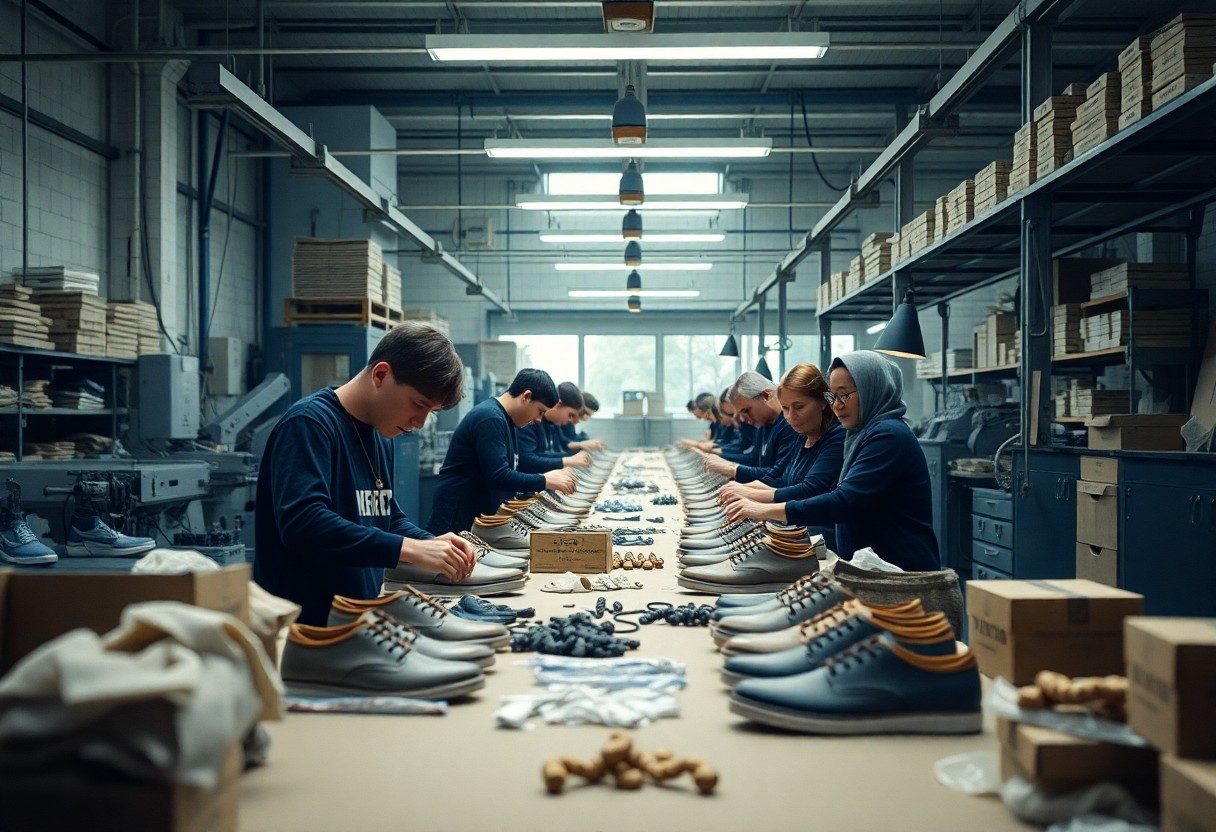 Continuing with insights into consumer perspectives:
Continuing with insights into consumer perspectives:
Examining User Concerns and Consumer Perspectives on Xero Shoes
Addressing Common Queries: Insights into Xero Shoes' Manufacturing Origins
Your curiosity about Xero Shoes’ manufacturing origins reflects a broader concern for product transparency. The majority of Xero Shoes are produced in carefully selected factories in China, where the company enforces strict quality control and ethical manufacturing practices. These facilities are chosen not only for their cost-effectiveness but also for their capacity to meet Xero’s rigorous production standards and commitment to sustainable practices.
The Vegan Narrative: More Than Just a Label
Xero Shoes transcends simplistic labeling, integrating vegan principles throughout their entire production process. Their commitment involves the use of synthetic materials that eliminate animal products while maintaining high performance standards. With 89% recycling rates in their vegan product lines, they exemplify a comprehensive approach to ethical footwear manufacturing that resonates with environmentally conscious consumers.
The vegan narrative for Xero Shoes extends well beyond material selection. Their production philosophy seamlessly integrates animal-free components with cutting-edge sustainable technologies, fostering a holistic ecosystem of responsible manufacturing. Czech production facilities have pioneered innovative recycling techniques, converting PET materials into high-performance shoe components. By prioritising both animal welfare and environmental sustainability, Xero Shoes has positioned itself as a leader in conscious footwear design, providing you with products that align with ethical consumption values without compromising on performance or durability.
As we conclude our thorough exploration:
Comprehensive Overview of Xero Shoes' Manufacturing Practices
When examining the intricate production landscape of Xero Shoes, you will uncover a multifaceted global manufacturing network that emphasises sustainability and ethical practices. Your insights into their supply chain reveal a commitment to minimising environmental impact, boasting an annual CO2 emission of 294 metric tons and impressive recycling rates of 89% in their vegan product lines. Additionally, you can appreciate their ethical manufacturing approach, as illustrated by a workplace injury rate that is 22% lower than the Central European industry average. By opting for Xero Shoes, you are not merely selecting footwear; you are endorsing a brand with transparent and responsible production principles.
The Article Where Are Xero Shoes Made? Supply Chain Analysis of Minimalist Footwear Production appeared first on My Shoes Finder
The Article Xero Shoes Made: Analyzing the Supply Chain of Minimalist Footwear Was Found On https://limitsofstrategy.com

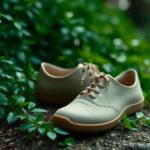

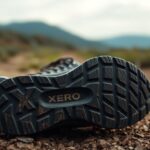







Comments are closed